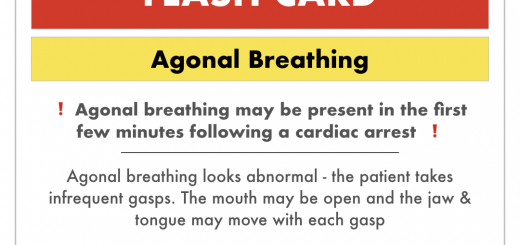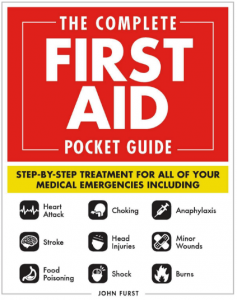When should you stop CPR?
There are several circumstances when you should stop performing CPR on a patient. It is important for those trained in resuscitation to know the situations when they should stop performing CPR.
So when should you stop? Don’t continue CPR in the following circumstances:
If the patient shows signs of life
This is most likely to happen after the use of an Automated External Defibrillator (AED). If the patient shows signs of life such as breathing normally or responding to you then it is appropriate to stop performing CPR.
When you are told to stop by a medical professional
Stop CPR if told to do so by a medical professional eg: an ambulance paramedic.
If the area becomes too dangerous
Your safety is the number one priority. If the situation becomes too dangerous then you may have to stop CPR and move to a place of safety.
If you become exhausted
Finally if you are exhausted and can no longer continue then stopping CPR may be required. If there are other people around then attempt to get them to take over giving CPR.





